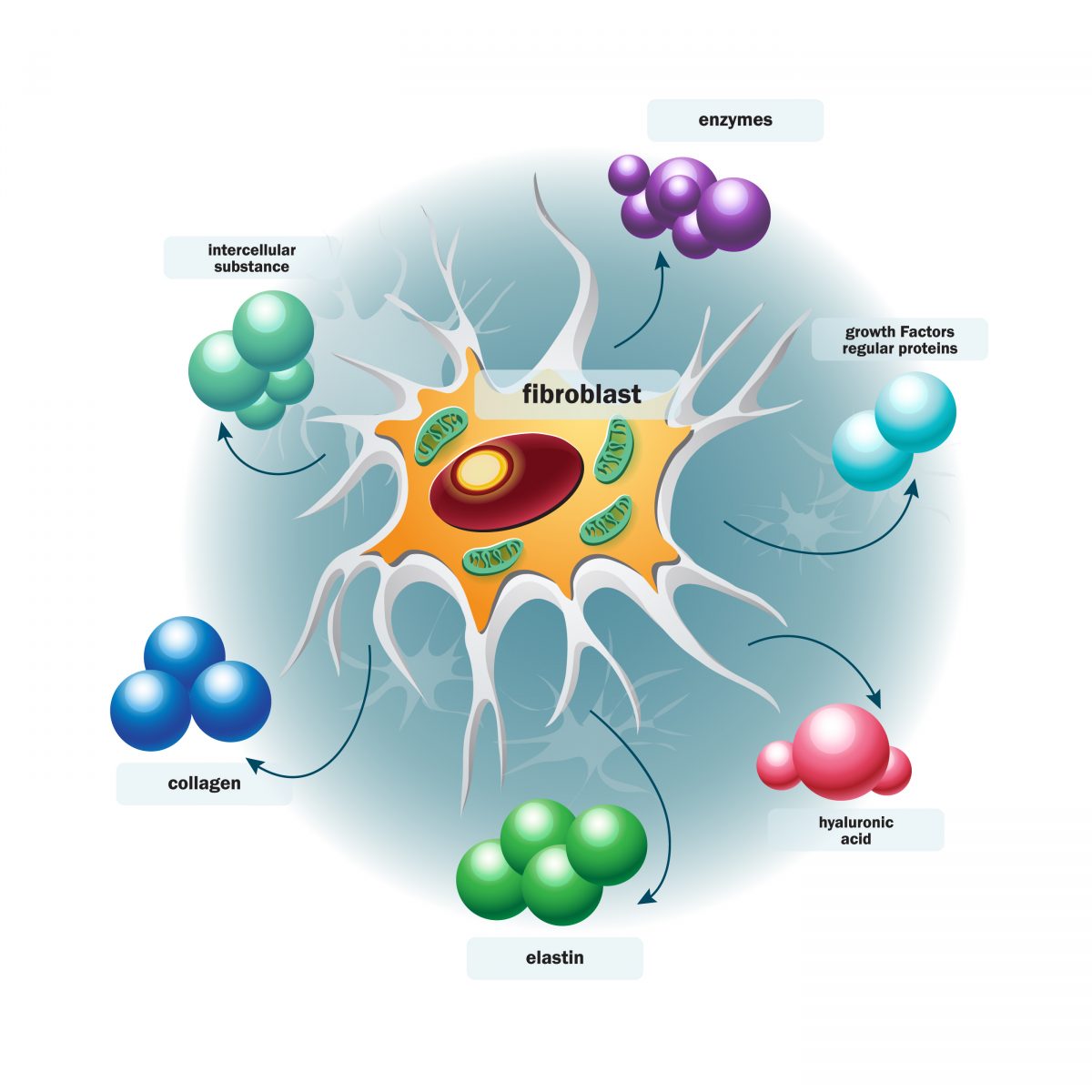Experimental Therapy May Promote Survival and Decrease Lung Fibrosis in Pulmonary Fibrosis Patients
Written by |

RestorGenex Pharmaceuticals, a biotechnology company developing innovative therapeutics for a large spectrum of diseases, including cancer and those of the dermatology and ophthalmology spectrum, recently presented at the American Thoracic Society International Conference in Denver, Colorado their latest results using RES-529 as a potential treatment for idiopathic pulmonary fibrosis.
The poster, entitled “The Novel TOR Complex ½ Inhibitor RestorGenex 529 (RES-529) Inhibits Human Lung Myofibroblast Differentiation,” showed the results from both in vitro and in vivo idiopathic pulmonary fibrosis studies of RES-529, a small molecule that interferes with the assembly of TORC1 and TORC2 protein complexes — the functional complexes for target of rapamycin (TOR), a key regulator of growth and metabolism of cells in response to nutrients, growth factors and cellular energy status.
Idiopathic pulmonary fibrosis is a chronic lung disease characterized by a progressive decline in lung function due to the accumulation of scarring tissue, ultimately leading to patients’ death. One of the cells that accumulate in lungs damaged areas are myofibroblasts, cells that secrete collagen, and are considered the primary effector cell in lung fibrosis. Myofibroblasts’ differentiation in the lungs (from previous fibroblasts) was described as occurring via PI3K/Akt/mTOR pathway. In their studies, the authors investigated the antifibrotic effect of RES-529 in inhibiting TGF-β dependent activation of the PI3K/Akt/mTOR pathway, myofibroblast differentiation and in vivo pulmonary fibrosis.
The authors, Keith Ferguson, M.D. and Nathan Sandbo, M.D., both of the Division of Allergy, Pulmonary, and Critical Care Medicine, University of Wisconsin School of Medicine and Public Health showed that RES-529 inhibited the signaling pathway mediated by TOR and, consequently, human lung fibroblast differentiation into myofibroblasts. Moreover, when tested in an in vivo mouse model of Idiopathic pulmonary fibrosis, RES-529 exhibited a tendency for diminishing lung fibrosis and, therefore, improving mice survival.
Senior author in the study, Nathan Sandbo, M.D., commented, “There is a large need for better treatments for patients with idiopathic pulmonary fibrosis. This data support the potential effectiveness of dual inhibition of both TORC1 and TORC2 with RES-529 in halting some of the key cellular events that promote pulmonary fibrosis.”
Stephen M. Simes, chief executive officer of RestorGenex Pharmaceuticals added, “Idiopathic pulmonary fibrosis is a devastating disease. While our current focus is on the use of RES-529 in oncology and ophthalmology, we believe that RES-529 has potentially wide-ranging applications in treating other diseases as demonstrated by this encouraging research of RES-529 as a treatment for pulmonary fibrosis.”






